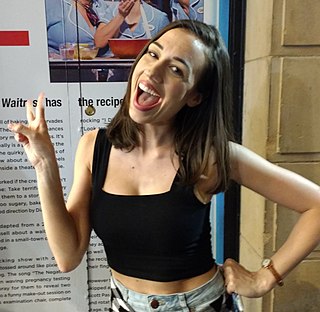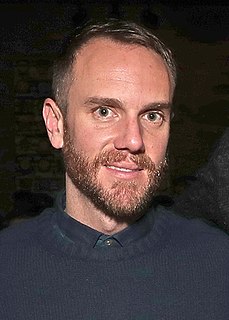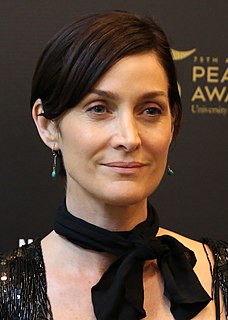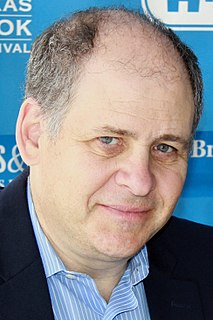A Quote by Colleen Ballinger
I always admired Netflix's business model; they are really good at what they do.
Related Quotes
I like a lot of good European films, good - anything really. I'm a big fan of Netflix and I get films from them all the time. If I hear about something that I don't know, that I haven't seen, forgot about, I immediately jot it down and add it to my Netflix list or if there's a film that's available that I haven't seen for many years, I get that.
I didn't quite understand the DVD thing and why my husband was mailing it back. I couldn't quite wrap my head around it. But now that I'm deeply in, as a watcher of content, what a brilliant business model. As a consumer, it's empowering to choose what I want to watch and when I want to watch it. I have three small children, so I need that flexibility, in order to really get into a show. And being on a Netflix show, it's perfect timing. I feel so grateful.
A lot of people will say, "what's Facebook's business model?" I always find that a kind of funny question. Our business model is out there, which is: we monetize largely through advertising and a little bit through the gift revenue, the virtual gifts we have on our site. I think those continue to be the most promising avenues going forward.


































